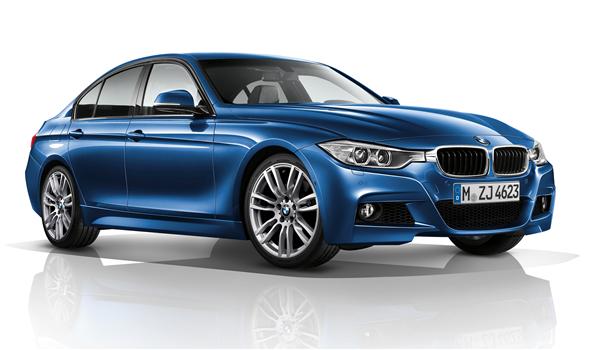
We all know someone who has bragged that their Accountant tells them to put everything through their business or that they pay no tax.
But don’t be fooled…when you dig a little deeper the reality is much different.
One of the common misconceptions is that buying a car in your business is a great tax strategy that will make a substantial difference to your taxable income.
We have seen a number of cases recently where it is actually costing the business more to have the car in the business. It can be complex, so you need to check the calculations carefully.
Here are some things to think about (the scenarios assume the business is registered for GST)
- The depreciable cost is limited to the luxury car depreciation limit – for the 2016/17 year this is $57,581. So if you purchase a car for $90,000, you will miss out on a tax deduction of $32,419 (that $90,000 less $57,481) over the life of the car.
- GST and the car depreciation limit – a car purchased for more than the car depreciation limit has a maximum GST credit of 1/11 of the limit. For the 2016/17 year the maximum GST credit would be $5,235 (that is 1/11 of $57,581)
- FBT or Employee Contribution – generally there is going to be some private use of the vehicle and even if you don’t actually use the car for personal use, the mere availability of the car for private use creates a fringe benefit. Let’s say you purchase a car for $90,000 and don’t keep a log book. This would mean the taxable value of the fringe benefit calculated according to the ATO statutory rate method would be $18,000 – of which $16,364 would be recorded as taxable income and $1,636 would be included on your BAS as GST payable. The additional sting in the tail is that if you operate as through a company structure and don’t repay this money to the business then this creates a debit Director Loan balance and Division 7A issues arise.
- Selling the car – as the car is a business asset, when you sell the car you need to include GST on the sale price and remit this on your next BAS. With the $90,000 car, imagine it is sold for $77,000 being $70,000 sale proceeds for the car and $7,000 GST collected. The full amount of GST must be remitted to the ATO. The end result is for GST for your business is that you were only able to claim $5,235 GST on the purchase but have had to pay $7,000 GST on the sale.
What Next?
Before you purchase a car in your business entity you will need to ensure all the calculations are completed and carefully considered so you can assess the effectiveness of the acquisition. Give us a call on 07 5451 1118 or drop us an email at reception@mjjacountants.com.au

 07 5451 1118
07 5451 1118 






Comments are closed.